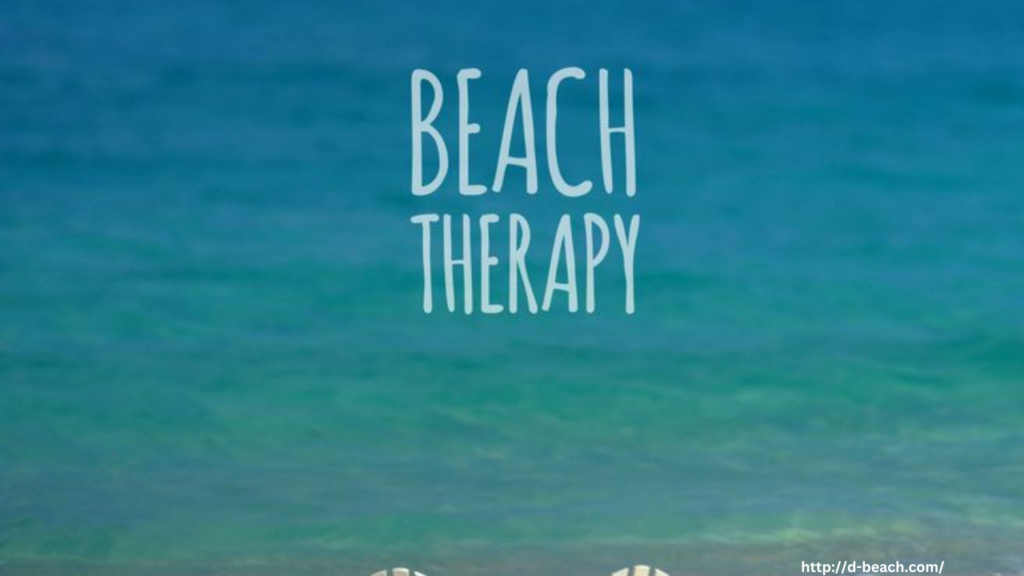Breathing in Ocean Air: How Coastal Climates Promote Respiratory and Immune Health

There’s something undeniably refreshing about a deep breath of ocean air. For many, it instantly brings a sense of relaxation and invigoration. But beyond its pleasant sensation, the air by the sea offers tangible health benefits—particularly for the respiratory and immune systems. Coastal climates provide a unique combination of clean, humid, and mineral-rich air that can support and enhance the body’s natural defenses.
The Science Behind Sea Air
Ocean air is filled with negative ions—tiny, electrically charged particles that are naturally created when water molecules are broken apart by sunlight, wind, and waves. These ions are believed to have beneficial effects on the body, including improved mood, better oxygen absorption, and enhanced immune response. Negative ions may also help balance serotonin levels in the brain, reducing stress and promoting a sense of well-being.
The salt content of ocean air adds another layer of health-promoting properties. Sea mist contains microscopic salt particles, which can help reduce inflammation in the respiratory tract, loosen mucus, and cleanse the airways. For those with asthma, allergies, sinusitis, or other respiratory issues, the act of breathing in salty, humid air can bring relief and improved lung function.
Respiratory Benefits of Coastal Climates
1. Natural Decongestant and Mucus Reduction
The saline-rich air acts as a natural decongestant, thinning mucus and clearing nasal passages and lungs. This can be especially beneficial during allergy season or for those with chronic respiratory conditions. Inhaling salt-laden air can mimic the effects of saline nasal sprays, making breathing easier and more comfortable.
2. Improved Lung Function and Air Quality
Coastal areas typically have better air quality than inland urban environments, thanks to fewer pollutants and more consistent air circulation. Cleaner air means less exposure to irritants like dust, smog, and industrial chemicals, which can trigger respiratory issues. For individuals recovering from respiratory infections or dealing with chronic conditions, this can lead to significant improvements in daily function and comfort.
3. Asthma and Bronchitis Relief
Salt therapy, or halotherapy, has long been used as a treatment for asthma and bronchitis, and the beach provides a natural version of this therapy. Regular visits to the ocean can reduce the frequency and severity of symptoms in people with respiratory conditions, often making breathing feel easier and more natural.
Strengthening the Immune System
In addition to respiratory benefits, ocean air may also contribute to a stronger immune system. The relaxation and stress reduction that often accompany time at the beach play a critical role in immune health. Chronic stress can suppress immune function, while a calm state of mind supports the body’s natural defense mechanisms.
Moreover, the combination of fresh air, physical activity, and sun exposure found at the beach helps stimulate white blood cell production and enhances circulation—key factors in fighting infections and maintaining a robust immune system.
Conclusion
Breathing in ocean air offers more than just a moment of serenity—it’s a natural, therapeutic experience with real health benefits. By supporting respiratory function and boosting the immune system, coastal climates create an environment that encourages healing and wellness. Whether for a short getaway or a regular wellness routine, embracing the sea air can lead to lasting improvements in both physical and mental health.








